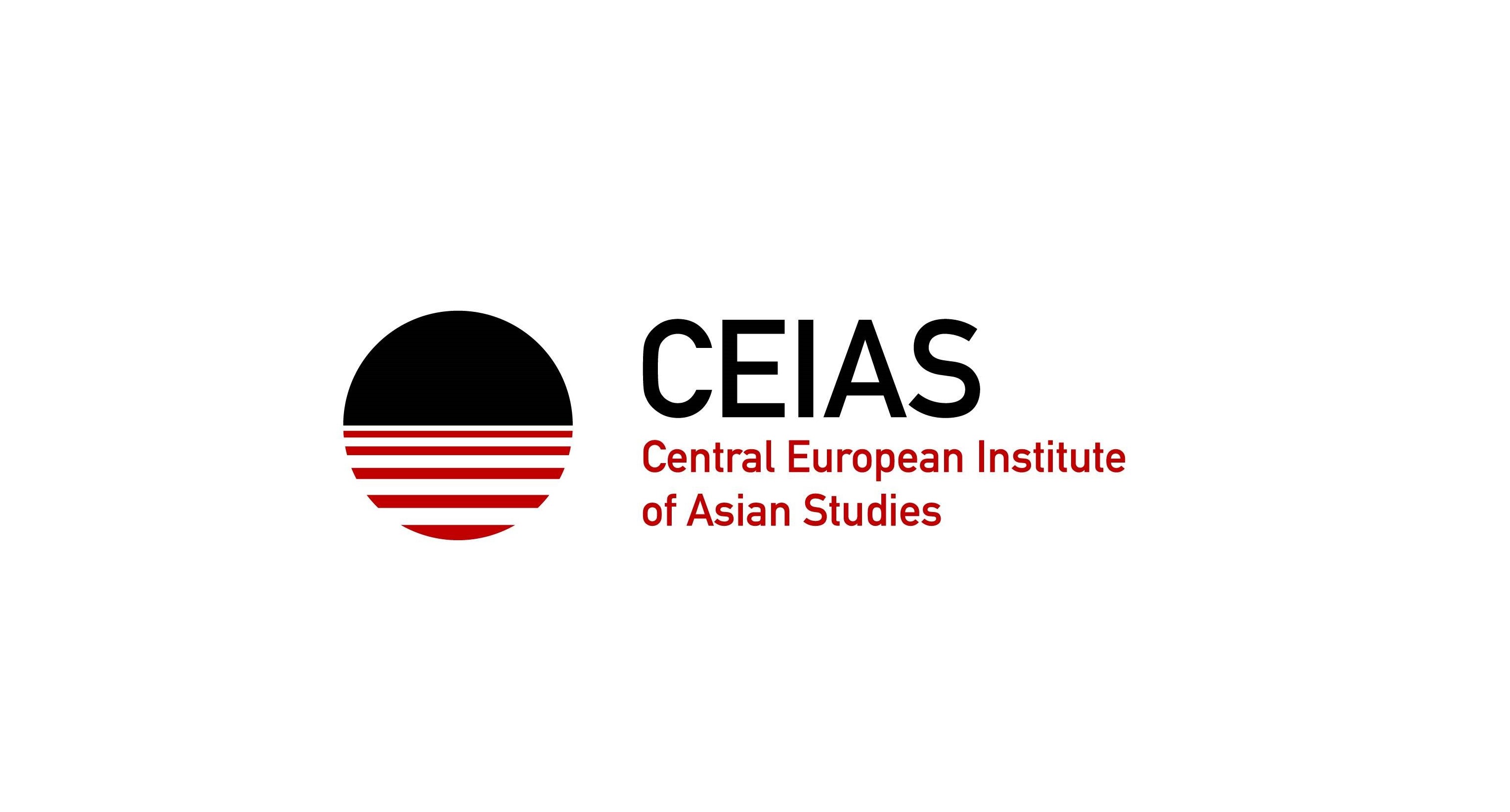
Webinar on Kazakhstan's international human rights obligations

According to the Kazakh Embassy in the Kingdom of Belgium, on the initiative of the European Institute of Asian Studies (EIAS), a webinar on “Kazakhstan’s international human rights commitments in the light of political and institutional reforms” took place in Brussels to discuss the findings of a special report prepared by European experts.

Ambassador of Kazakhstan in Belgium Margulan Baimukhan, Human Rights Ombudsman of Kazakhstan Elvira Azimova, Member of the European Parliament Tatyana Zdanoka, one of the authors of the report and partner at “Acquis Law and Policy” Jeroen Jansen, Head of Kazakhstan’s Civil Initiatives Center, Makhabbat Yespenova, and Head of the Central Asia Unit at the EEAS Dietmar Krissler spoke at the event.
Ambassador Baimukhan pointed to the significance of the country’s re-election to the UN Human Rights Council for 2022-2024, which was announced in the light of comprehensive political reforms initiated by the Head of State Kassym-Jomart Tokayev in the fields of human rights, democratization and implementation of the concept of “hearing state”. The Kazakh diplomat also noted Kazakhstan’s international commitments in the area of humanitarian assistance, including the support to the people of Afghanistan. “The rule of law has been always high on the agenda of Kazakhstan-EU relations,” he said, emphasizing the importance of the dialogue between Kazakhstan and the EU in the context of democratization and inter-parliamentary cooperation.
According to the author of the report, Mr.Jansen, Kazakhstan is a party to all major international agreements and conventions in the field of human rights, and the country is on its way to the gradual introduction of the best international practices in this area.
The moderator of the webinar and director of EIAS, Axel Goethals congratulated Kazakhstan on the 30th Anniversary of Independence and a very important achievement in the field of international human rights partnership, suggesting that participation in the work of the UN HR Council is a recognition of ongoing political reforms and that it would provide consolidated support to their efficient implementation.
Commissioner for Human Rights Azimova spoke in detail about the work of the office with civil society in the context of current political reforms. Last week, the Mazhilis of the Parliament adopted the Draft Law on the role of the Ombudsman for Human Rights, which aims at extending the powers of the Ombudsman.
The officials from the European side noted the relevance of climate change and gender equality issues Kazakhstan announced the country would be focusing on during its membership in the UN HR Council. MEP Zdanoka believes that the large-scale reforms in Kazakhstan could serve as a leading example for other countries.
According to Krissler, the upcoming visit of the President of Kazakhstan to the capital of the European Union will help strengthen the mutually beneficial partnership between Nur-Sultan and Brussels.
At the end of the webinar, the speakers answered questions from the online audience.
Source: https://www.gov.kz/memleket/entities/mfa-brussels/press/news/details/277345?lang=en
Photo: from open sources